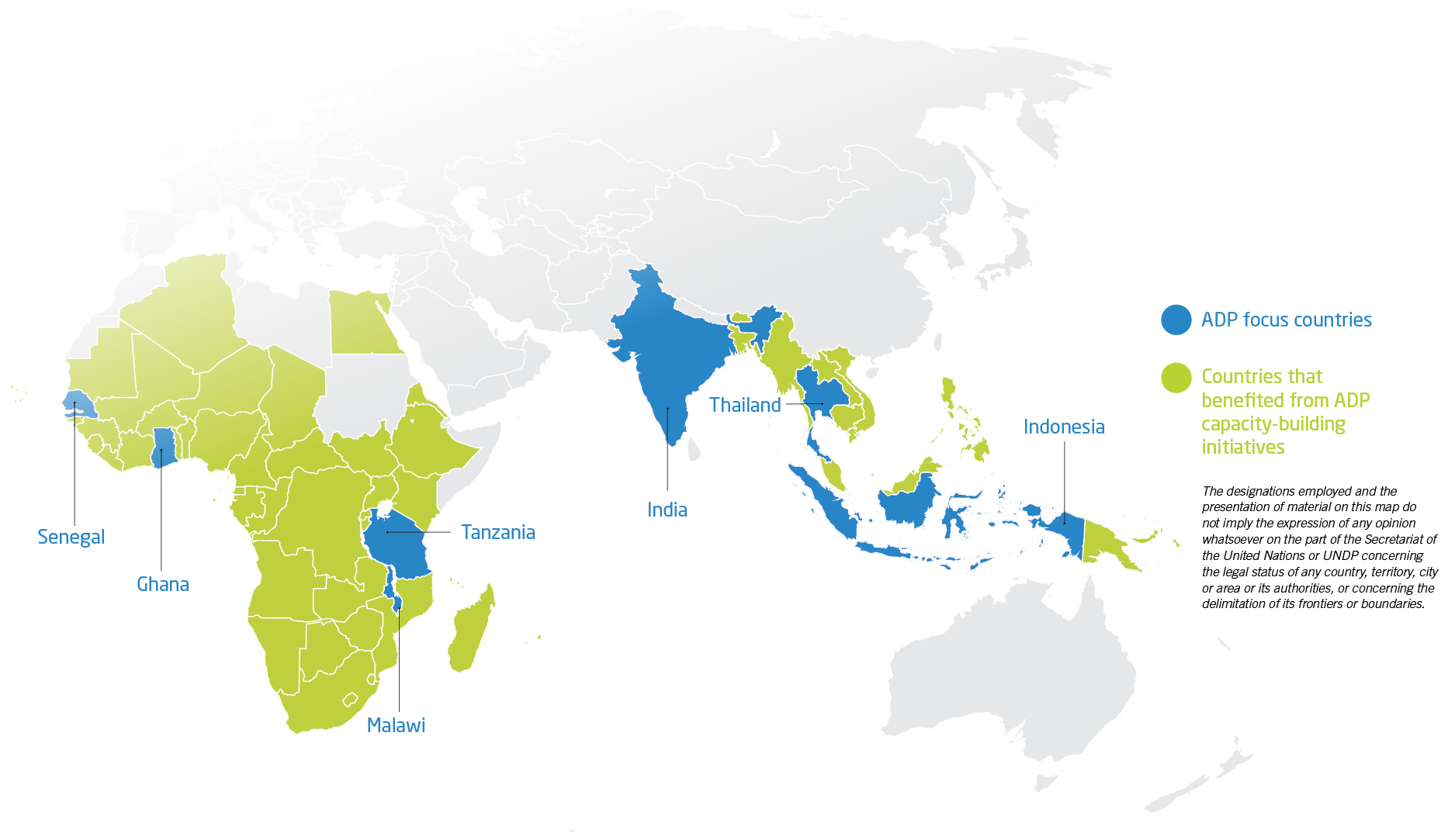At this year’s UN General Assembly, Member States made an historic commitment to improve the health of the world’s people with the adoption of the Political Declaration on Universal Health Coverage (UHC). The declaration placed access to essential health care – when and where people need it, and without facing financial hardship – at the heart of the 2030 Agenda for Sustainable Development.
Underpinned by principles of equity and inclusion, the declaration acknowledges UHC’s embodiment of the 2030 Agenda pledge to “leave no one behind”. UHC, central to better health and well-being for all, helps reduce poverty and inequalities, improve education and develop human capital, as well as strengthen economic inclusion and human security.
Even with the adoption of such a landmark declaration, UHC remains an ambitious goal. Despite remarkable progress to combat diseases of poverty, half the world’s population still lack access to basic health services, including essential medicines, vaccines and diagnostics. Almost 100 million people are pushed into extreme poverty annually because of out-of-pocket health spending, and 800 million people spend more than 10 percent of their household budget on health care, according to the World Health Organization.
Core commitments within the Political Declaration aim at tackling persistent barriers to health, and in particular to improving the affordability, accessibility and quality of health care systems. Among them is an emphasis on “equitable distribution of and increased access to quality, safe, effective, affordable and essential medicines, including generics, vaccines, diagnostics and health technologies to ensure quality health services and their timely delivery.”
"The relationship between access and delivery and UHC is clearly two-way"
“The relationship between access and delivery and UHC is clearly two-way,” says Cecilia Oh, Programme Advisor for the Access and Delivery Partnership at the United Nations Development Programme (UNDP). “Without UHC and resilient health systems, life-saving medicines and other health technologies will remain out of reach to some of the world’s poorest populations. At the same time, without ensuring people can access the medicines, vaccines and diagnostics they need, many countries can only dream of achieving UHC.”
Since 2013, the Government of Japan and UNDP have built a strategic collaboration aimed at accelerating access and delivery of new health technologies. The Access and Delivery Partnership (ADP) focuses on strengthening national responses to tuberculosis, malaria and neglected tropical diseases, in support of efforts to attain UHC.
To this end, ADP is committed to ensuring harmonized support to country-level health systems, as called for by the Global Action Plan for Health Lives and Well-Being for All. ADP’s approach and efforts are also in alignment with the UNDP Strategic Plan: 2018-2021 and the UNDP HIV, Health and Development Strategy 2016-2021.

Impediments to access and delivery are numerous and complex. Countries must navigate multifaceted challenges and decisions about which new health technologies to prioritize amidst competing demands and rising costs. At the same time, they must consider how to establish effective regulatory systems and identify bottlenecks in the supply chain and delivery systems. To ensure people can access the medicines, vaccines, diagnostics and other health technologies they need, countries require coordinated policies and processes to guide their selection, introduction and scale-up.
By working with focus countries and promoting South–South cooperation, the Access and Delivery Partnership assists countries to strengthen national capacities in key areas highlighted by the Political Declaration on UHC, including:
- Improving regulations and building constructive engagement with relevant stakeholders;
- Strengthening legislative and regulatory frameworks and promotion of policy coherence; and
- Strengthening capacity on health intervention and technology assessment, data collection and analysis.
In addressing access and delivery challenges, the Access and Delivery Partnership contributes towards sustainable long-term change on health and development, with the aim of making UHC a reality.

